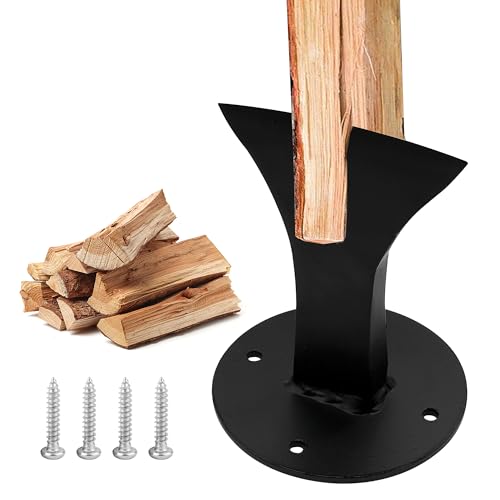Has anyone tried 100 octane low lead in a super pro series, or other older large mac?
I undertand the system used to rate octane changed in the '70s giving us artificially high numbers for the fuel we are using now. I also hear there is an additive in 100LL intended to prevent vapor lock, which is one of the maladies the larger macs seem to suffer from occasionally.
Just curious if anyone has tried it, and what their results were.
I undertand the system used to rate octane changed in the '70s giving us artificially high numbers for the fuel we are using now. I also hear there is an additive in 100LL intended to prevent vapor lock, which is one of the maladies the larger macs seem to suffer from occasionally.
Just curious if anyone has tried it, and what their results were.
























































